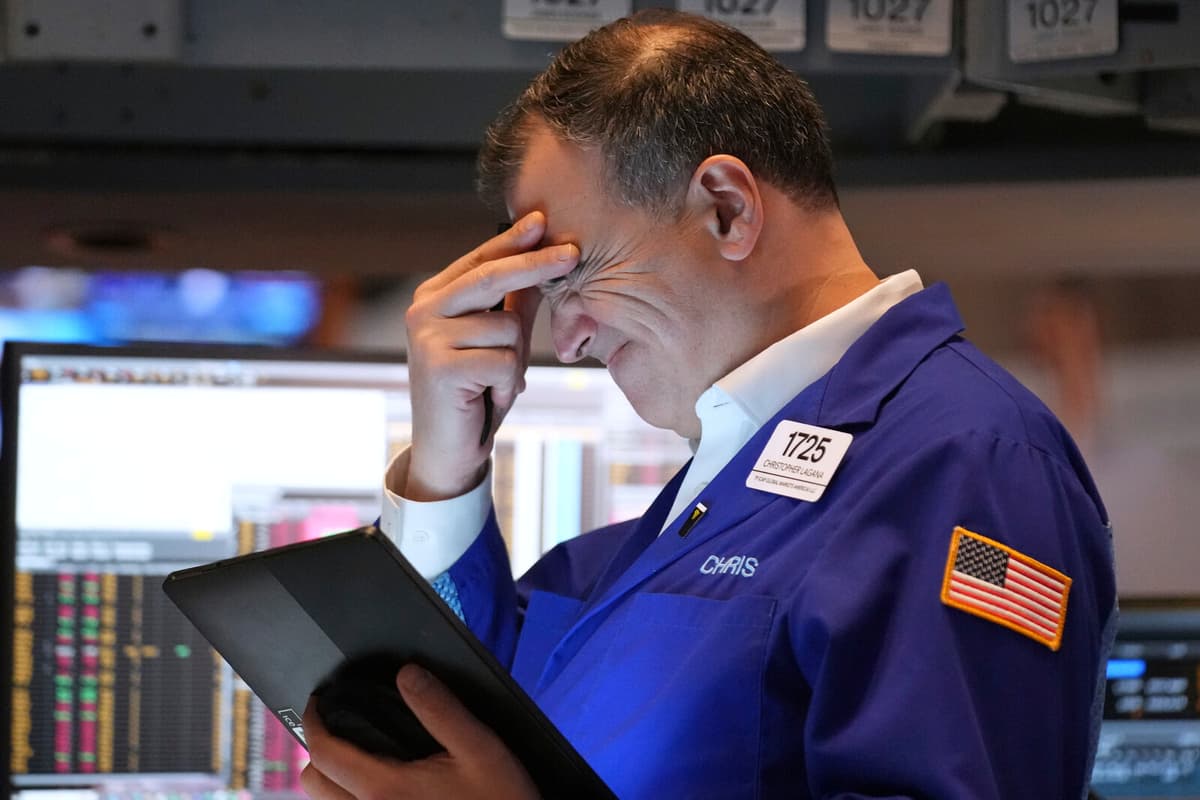The stock market week has begun with a bloodbath on the Stockholm Stock Exchange, as panic spreads among investors.
It's terribly tough when you see that you're losing money, says Compricer's savings economist Christina Sahlberg.
And neither she nor Nordnet's savings economist Frida Bratt sees any direct relief in sight.
This can be prolonged, and then you'll have to count on it being continued turbulence, it can fall further, says Bratt.
For those who need their money within two years, Sahlberg's advice is to sell – at least part of their holdings.
If you need the money soon, it's time to sell. Even though it's gone down now, she says.
Bratt thinks that those who save for a few years should consider whether they're prepared for the value to actually decrease.
Money that you'll need within three years, I don't think belongs on the stock market.
Could be a buying opportunity
The general advice from savings economists in turbulent times is to sit tight. That applies now too. If you're saving for your children or pension, for example, on a monthly basis, you should continue.
I think; if you have money left over today, it might be smart to buy a little now, says Sahlberg.
Frida Bratt says that in the stock market fall, several stocks were also dragged down.
For the very active and well-informed investor, this opens up opportunities to buy something that might correct upwards when the market has calmed down.
Global fund exposed
But Bratt also thinks that the long-term monthly saver should review their holdings. Many have global funds, with up to three-quarters of their holdings in the USA. Bratt mentions funds in emerging markets, Europe, and Sweden as alternatives to spread risks.
I don't think you should sell your global fund entirely, but keep an exposure to the USA after all. It can also come a turnaround, and if you're out of the American market entirely, you'll miss that recovery too, she says.
Sahlberg also highlights risk diversification. Having only two-three stocks is "very stupid", according to her.
If you have very specific funds, only technology funds or something similar, I also think you should consider spreading risks to more areas and more industries.






